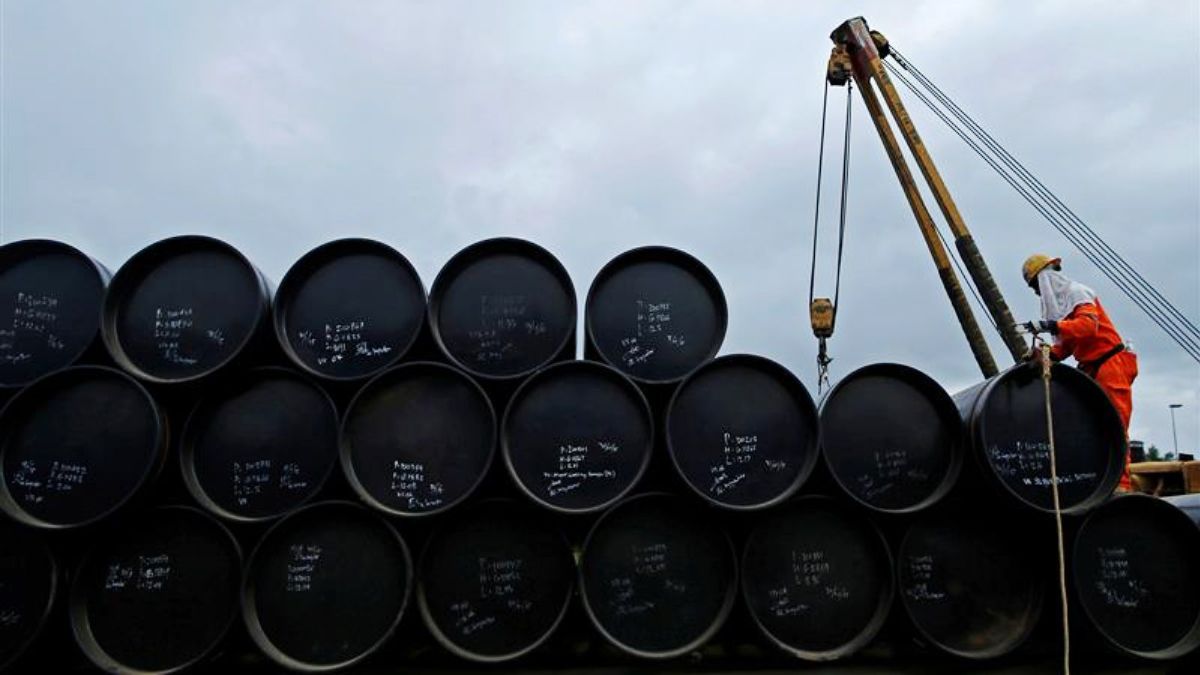Crude oil prices rose on the back of Fed signals and amid escalating conflict in the Middle East.
The prices of the oil closed higher on Friday, posting a more than 3.5% increase in weekly gains, thanks to positive economic data and signals from policy makers. United States Federal Reserve (Fed) that they could reduce the interest rates as early as September, easing concerns about demand at a time when fears of growing conflict in Middle East Supply risks continue to rise.
The content you want to access is exclusive for subscribers.
The crude oil Brent rose 50 cents, or 0.6%, to $79.66 a barrel, while U.S. crude futures West Texas Intermediate (WTI) rose 65 cents, or 0.9%, to $76.84. Brent crude gained more than 3.5% for the week, while WTI rose more than 4%.


“Crude oil is in recovery mode as geopolitical tensions appear to remain a positive factor, and recession fears, which come and go, have calmed down somewhat, at least for now,” he said. Dennis Kissler, Senior Vice President of Operations at BOK Financial.
Signals from the Fed
A trio of those responsible for the Federal Reserve indicated on Thursday that they were more certain that the inflation is cooling enough to reduce rates. A larger than expected drop in jobless claims data unemployment in the US also helped support the recovery.
The number of Americans filing new claims for unemployment benefits fell more than expected last week, suggesting that fears that the labor market is crumbling were exaggerated and that the gradual weakening of the labor market remains stable.
The consumer price index also offered support. China, which rose last month at a slightly faster-than-expected pace, according to data from the statistics office.
“The positive momentum was further reinforced by China’s inflation numbers that beat expectations. In this context, it would not be surprising to see the barrel price test the $80 level,” he said. Pierre Veyret, ActivTrades technical analyst.
Tensions in the Middle East
“The price per barrel has benefited from the increase in geopolitical tensions in Middle Eastwhich have fueled fears of a potential conflict that could disrupt the region’s production and reduce global crude oil supplies,” Veyret added.
The Israeli forces intensified air strikes in the Gaza Strip on Thursday, killing at least 40 people, according to Palestinian medics, in new battles with militants led by Hamas.
Source: Ambito




